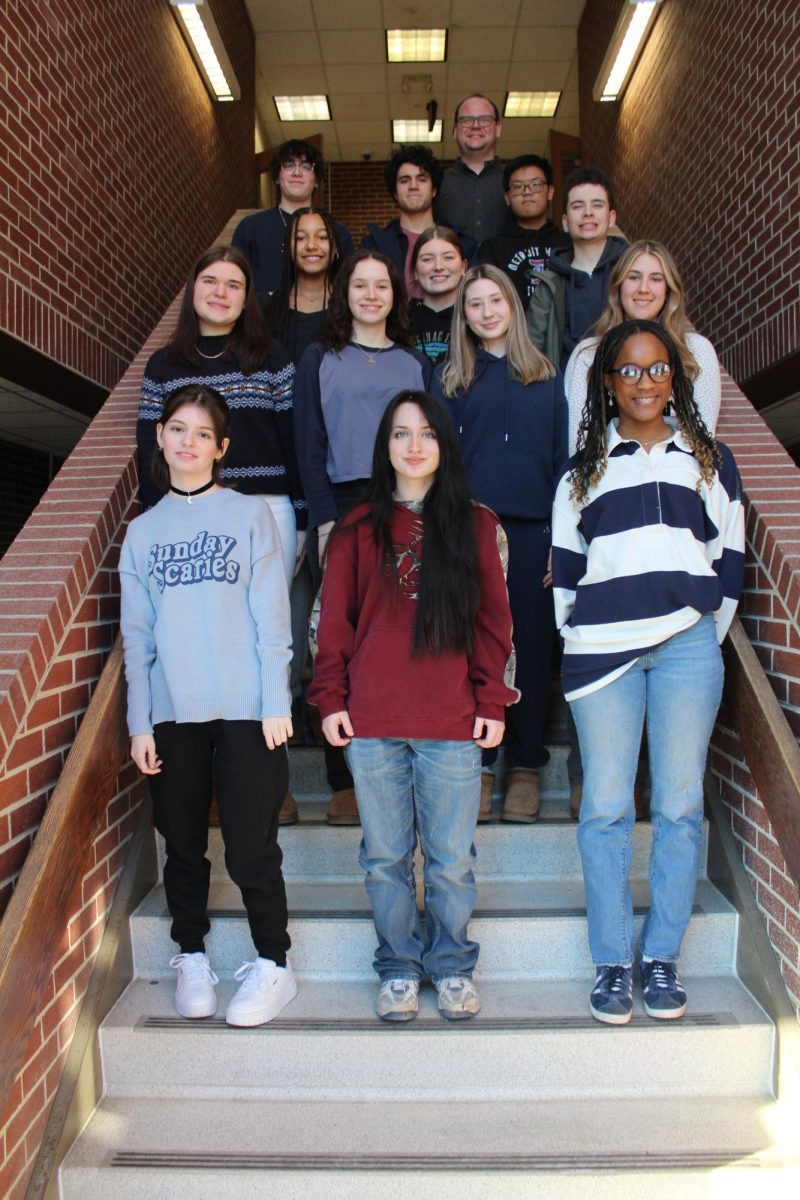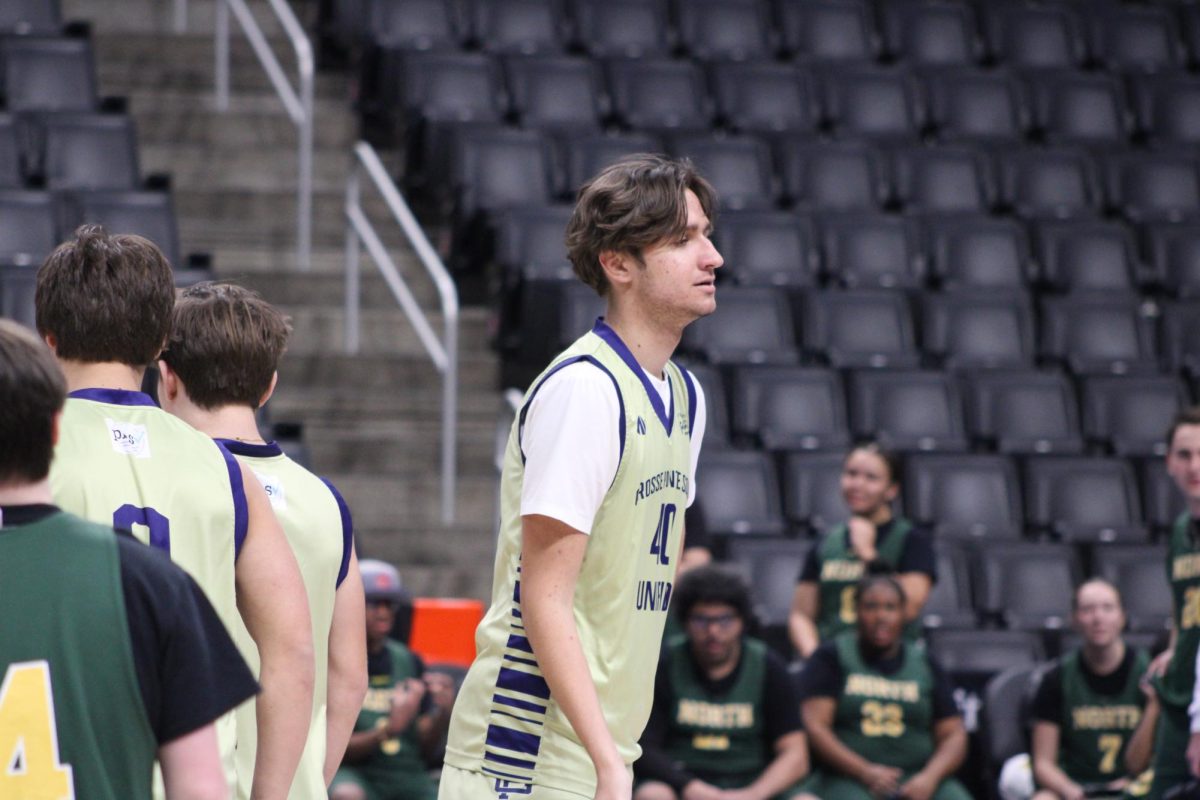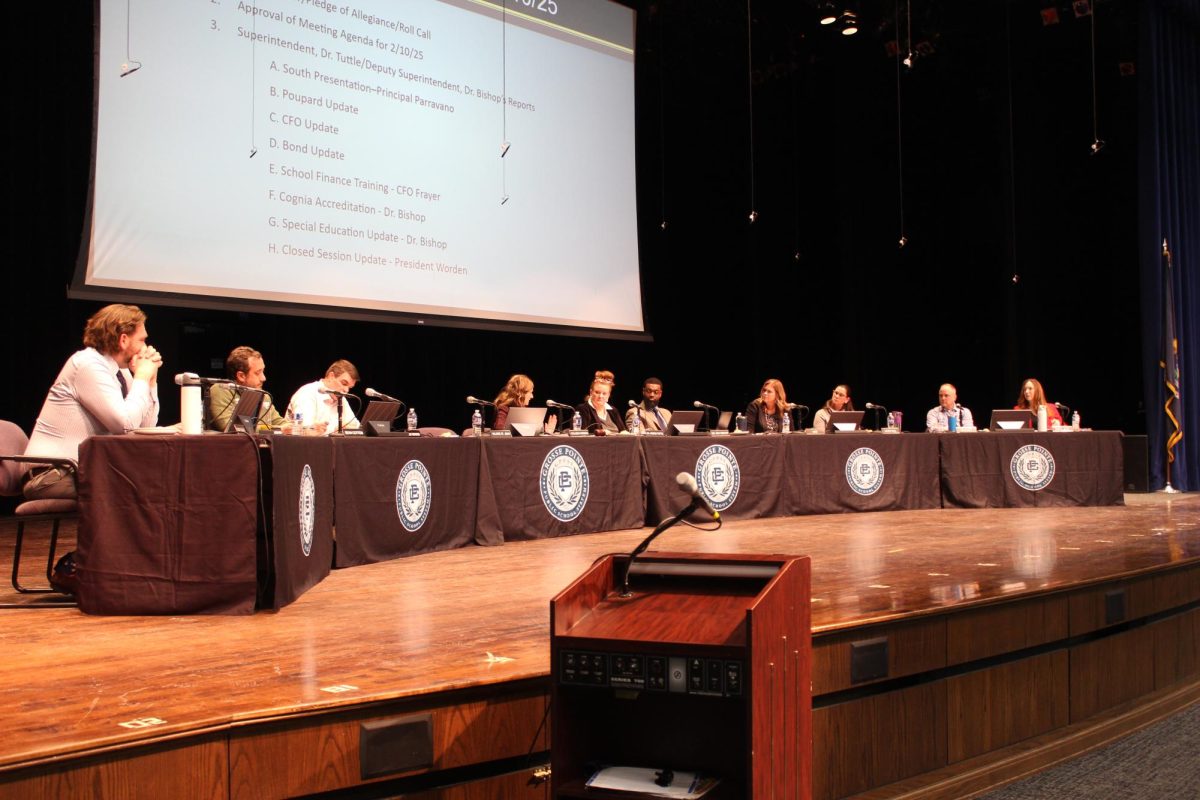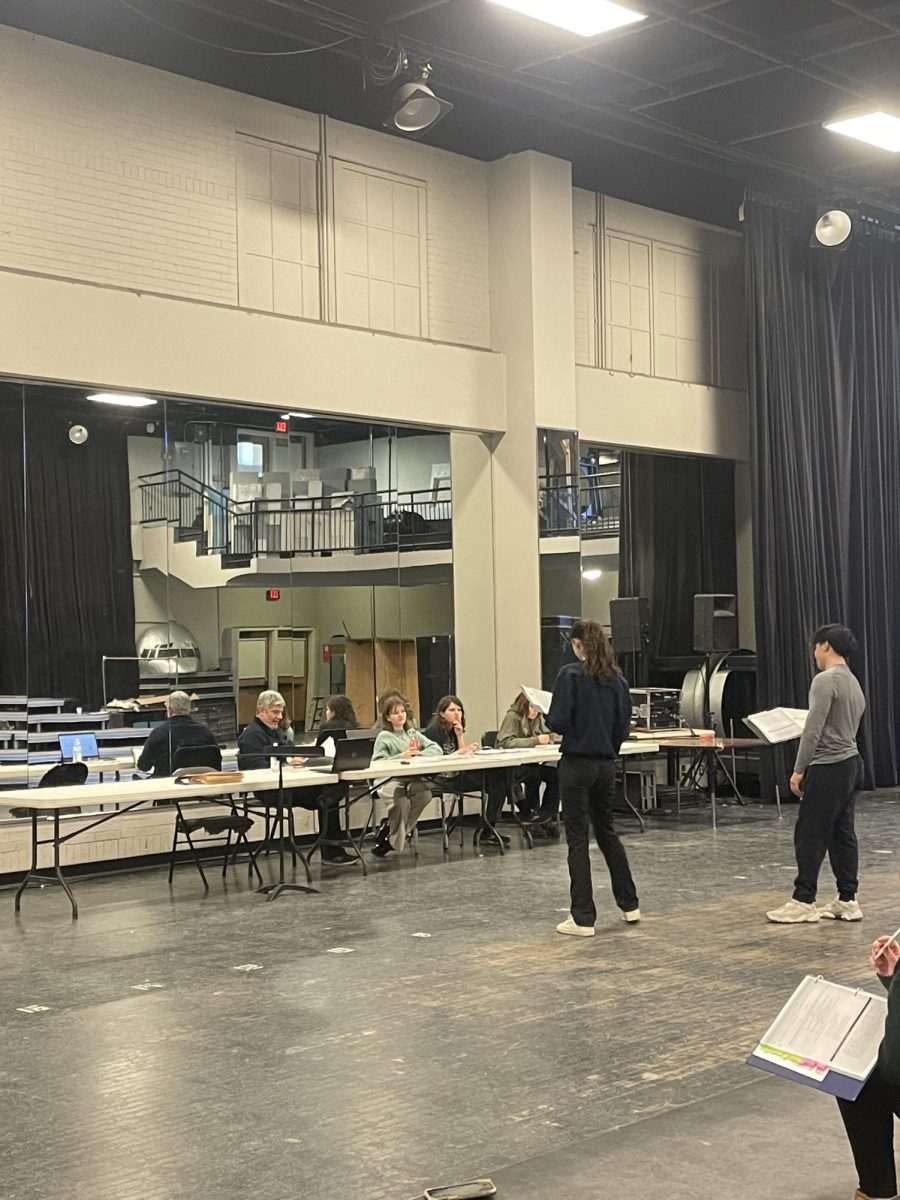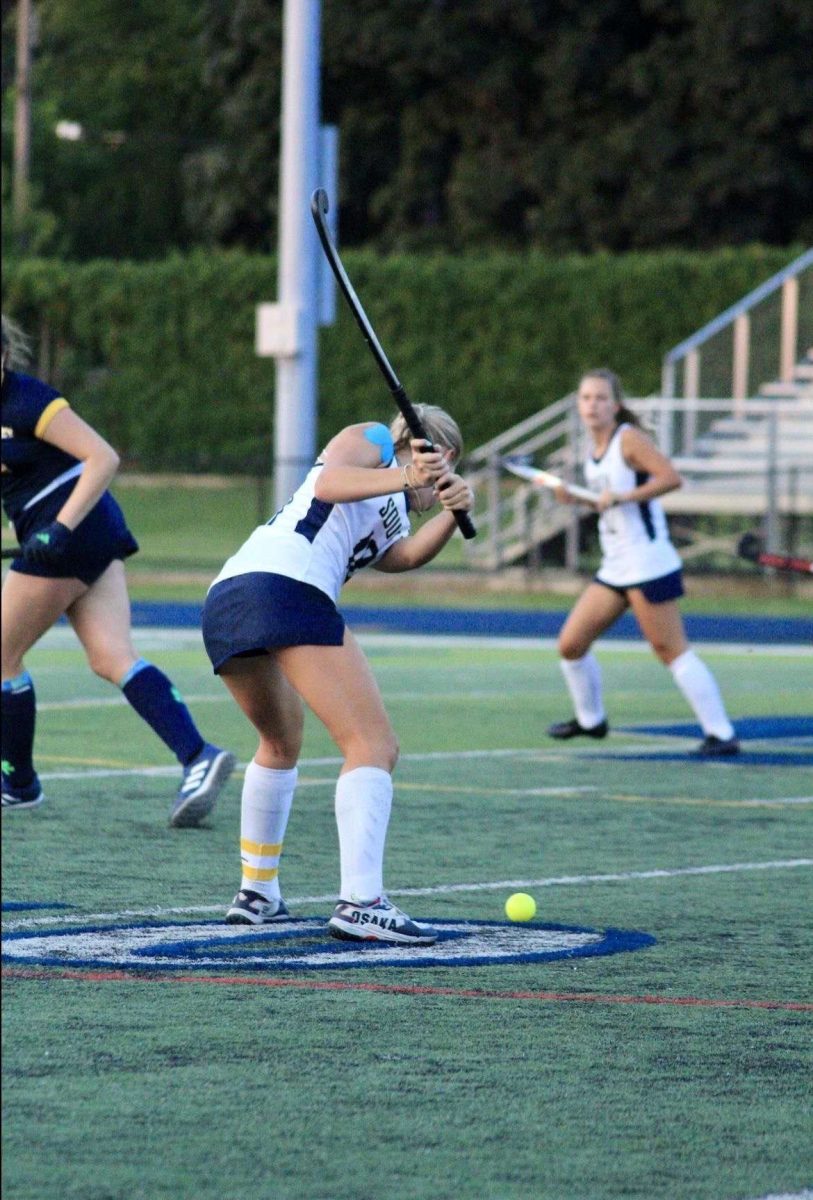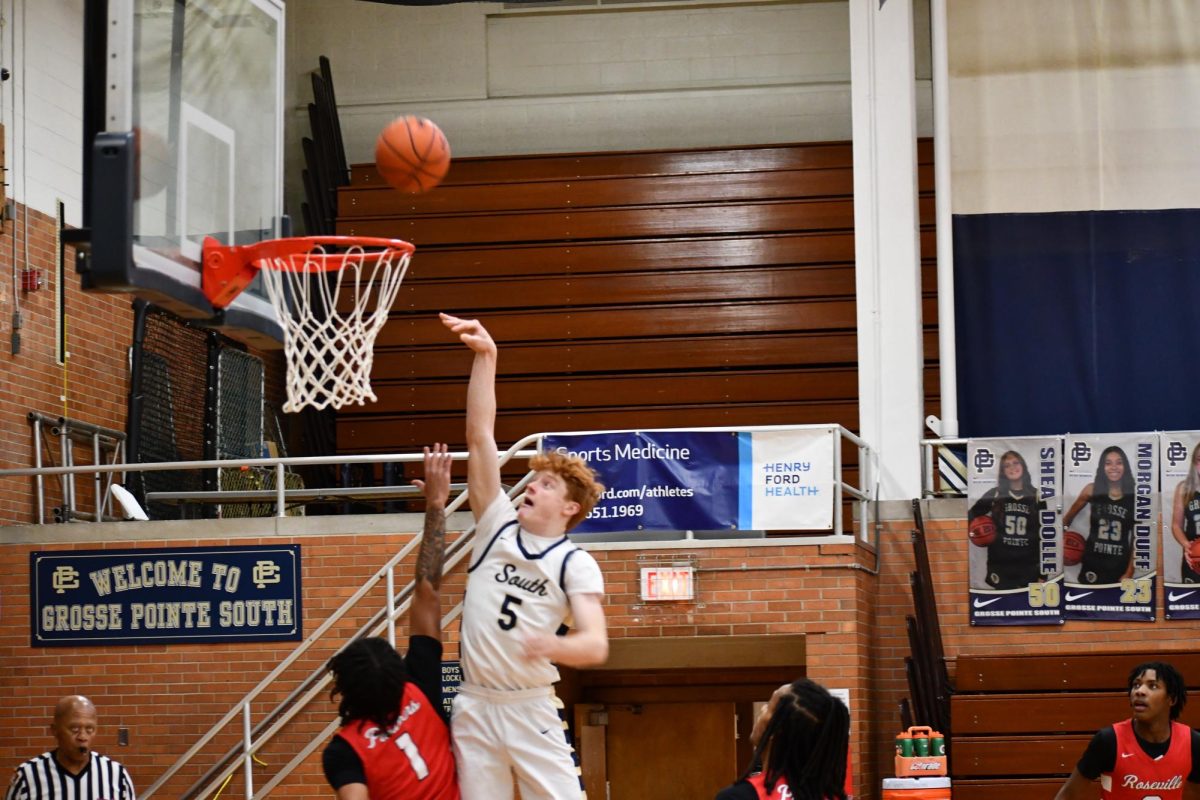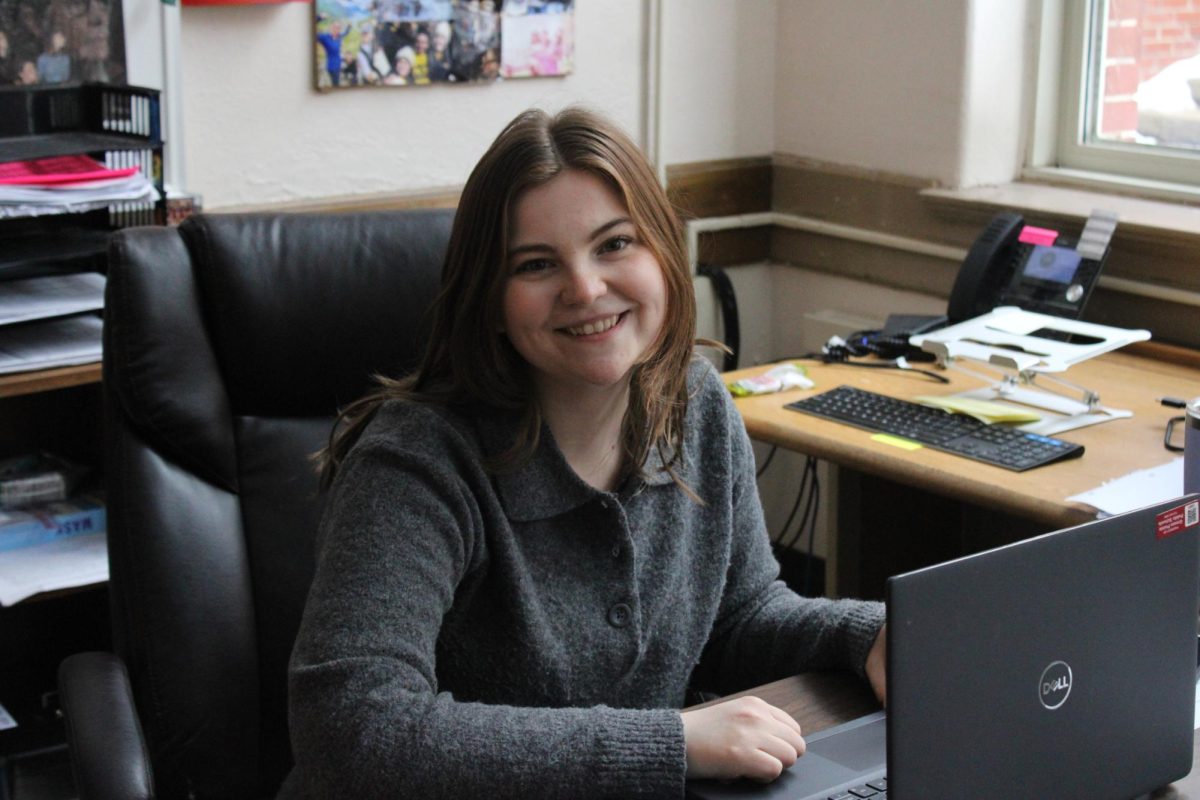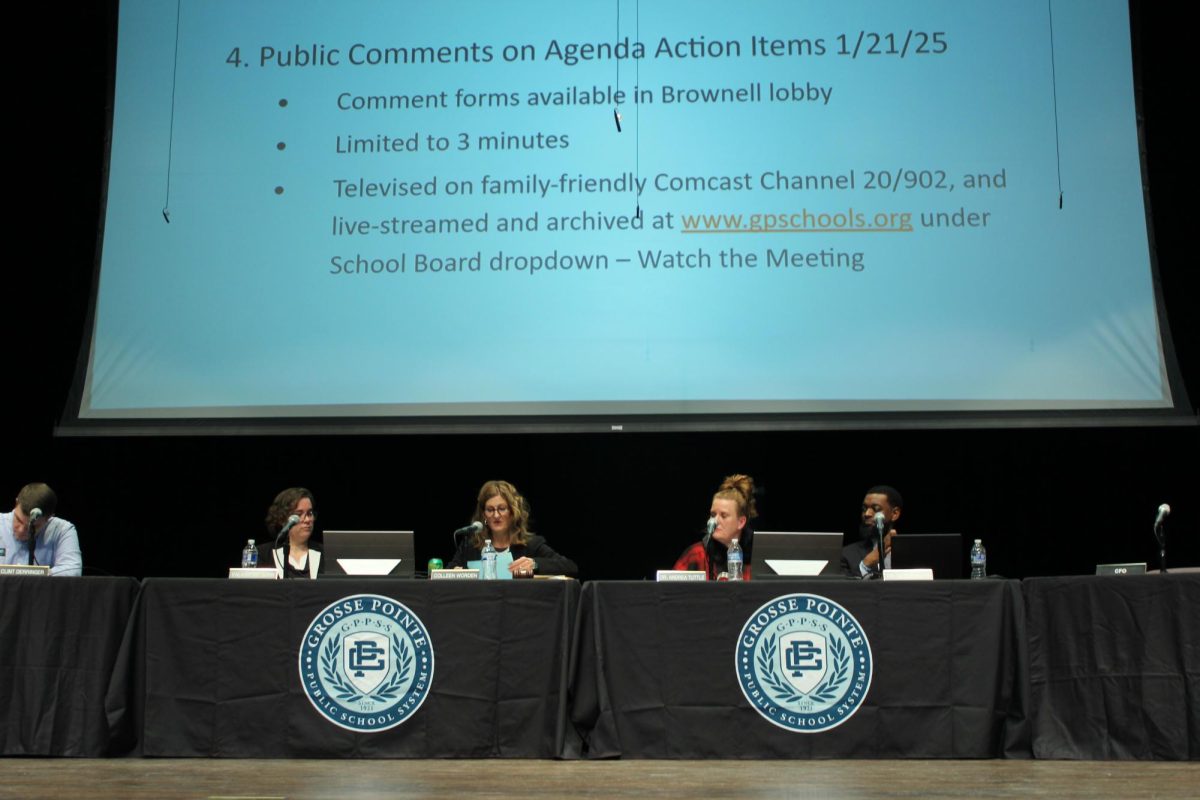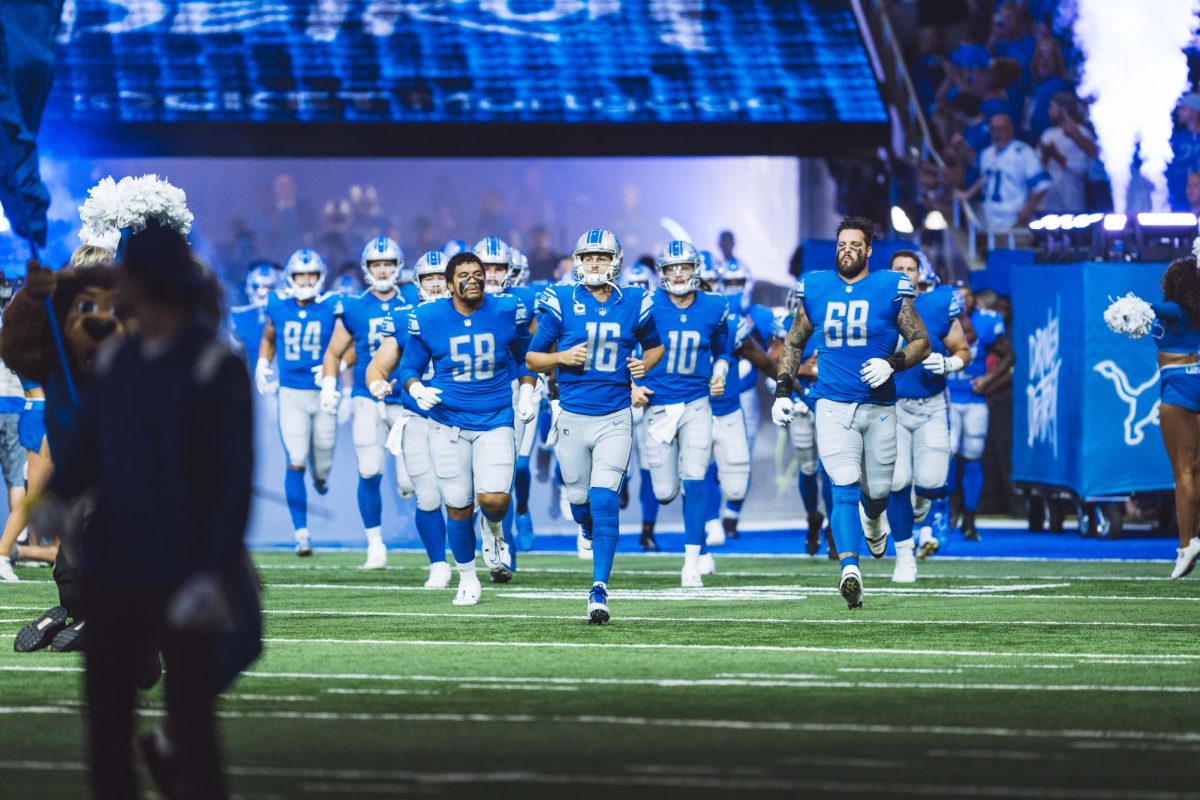For a dedicated student, runner and club member, it can be hard to balance a schedule without prioritizing some tasks over others.
Kaden Boismier-Buhr ’24, a three-year member of the Boy Cross Country team and a four-year member of the Boys Track and Field team, has many busy days and many late nights. With 3 APs, dual enrollment, a part time job as a computer programmer, and a hard-working member of the robotics team, he said it’s hard to find time to run during the offseason.
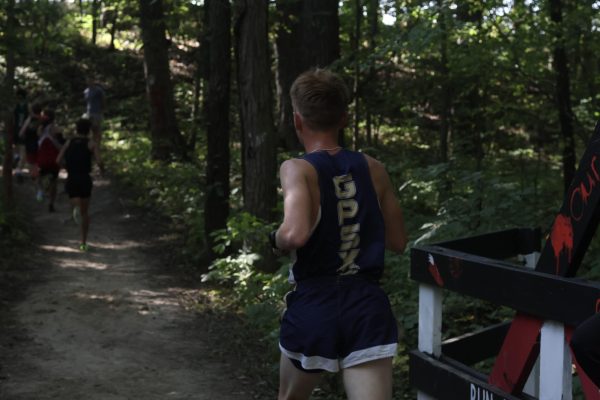
“There are a lot of nights where I am up late doing homework,” Boismier-Buhr said. “Robotics goes for three hours some nights a week. I go to school all day, do homework from 3:00 until 5:30, go to robotics from 5:45 until 8:30 or 9 o’clock. Then I eat, shower and do even more homework. There just isn’t a whole lot of time to run.”
Although time was scarce and weather was poor, when Boismier-Buhr could he went on occasional runs and did home workouts, never fully setting aside his commitment to track. Although taking the winter months off of running leaves one out of shape for the track season, he explained that his mentality allowed him to push his pace.
“I lost a bit of endurance; it wasn’t actually too bad because when I got back into it, I was immediately going back into running a fair amount,” Boismier-Buhr said.
“I could still keep up with everybody because my brain was gauged for how fast I ran in cross country season but my body wasn’t. So I was out of shape, but mentally I could still handle it and I think that’s what mattered.”
Since Savannah Spangler ’25 was 10 years old, she has been dreaming of playing college soccer. Now, Spangler is verbally committed to Marian University to continue her soccer and academic career. She is also a four year member of the Girls Cross Country and Track team, a middle distance to long distance runner with a 5:54 mile time.

With these two different hefty commitments, she often chooses to prioritize soccer over running during the offseason. Going back into the track season, Spangler explained that getting back in shape will take the opposite route of Boismer-Buhr, placing an emphasis on her complete trust in her coaches and their training.
“I think I start off slower than I want to be,” Spangler said. “But, since I play soccer and since I lift, my leg muscles are still able to move at that speed. So it’s just my breathing that needs to catch up. So my coach will have me specifically run a 400 to try to get my breathing faster to work on my lung’s V-Max.”
Boys Track and Field Coach Mark Sonnenberg said he believes that students who don’t run during the offseason are at a disadvantage. If students are spreading the first month of track getting back into shape, it takes away from reaching their full potential during the short season. But, as a father and an educator, Sonnenberg said he values the duality of opportunity, and encourages students to be involved with other sports as well. He explained that playing another sport can benefit one’s skills as a runner, and vice versa. For example, track may build speed by building muscles to help with quick acceleration, but playing another sport, like football, would accentuate these assets and help build more strength in competitive muscles. However, Sonnenberg said he understands the balancing of priorities as long as students are involved.
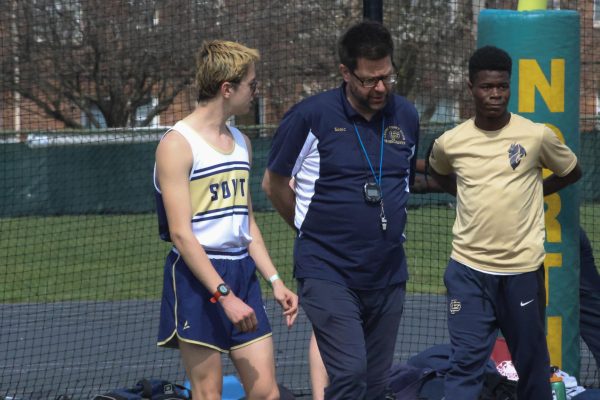
“I don’t (coach) because I must win all track meets—that’s not what I’m doing,” Sonneberg said. “I’m in education because I enjoy helping kids develop the best version of themselves. Do I want to win track meets? Yeah. Do I want to help them? Of course. All of those things are true. But in the end, if I got a kid who is super involved in school and comes out for cross country—who doesn’t do any running but is involved in a lot of other stuff—that’s just fine. Might he be at a disadvantage? Sure. But in the grand scheme of things, it’s fine.”

